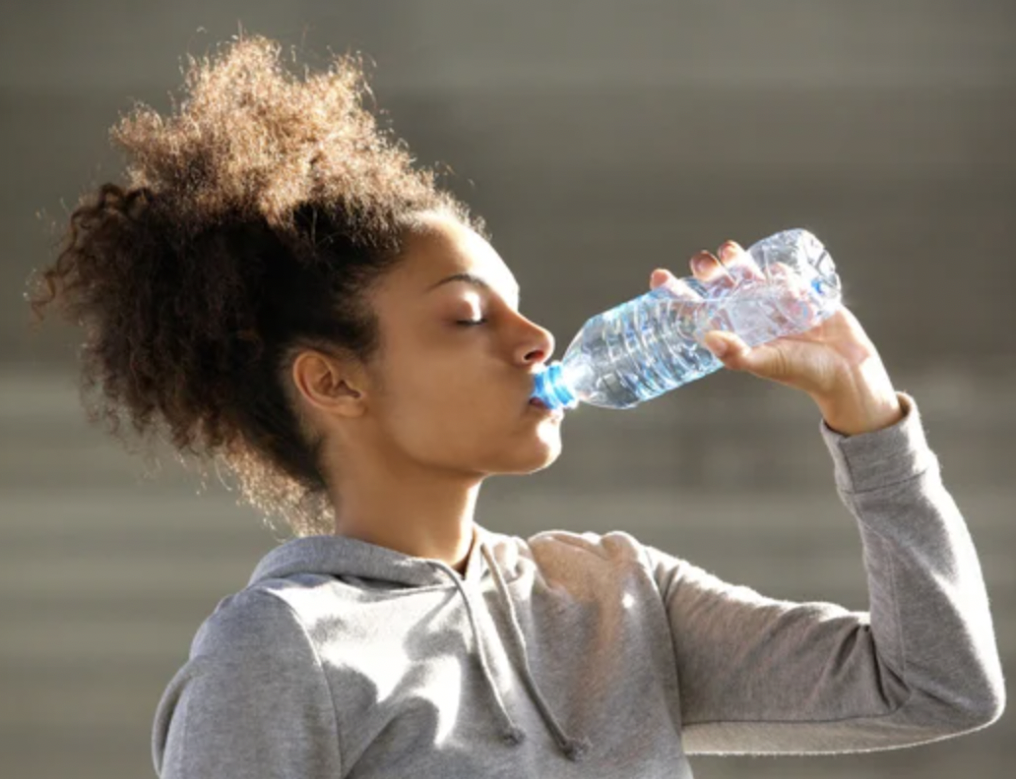Hydration 101
The Importance of Proper Hydration: Unlocking the Benefits for Optimal Health
By Clinical Nutritionist Kelsey McKibbon CNP, NNCP
Maintaining proper hydration might initially seem like a minor concern, but the profound impact it has on our overall well-being cannot be overstated. Beyond merely quenching thirst, understanding and experiencing the true benefits of staying adequately hydrated can significantly enhance our quality of life with minimal effort. In this article, we'll delve into the myriad advantages of staying hydrated, along with practical insights for integrating this essential practice into your daily routine.
1. Digestion: A Foundation for Wellness
The role of hydration in digestion is pivotal. Without sufficient hydration, the risk of constipation rises, impairing nutrient absorption and the smooth movement of waste through the intestines. Proper hydration is akin to maintaining a well-oiled machine, facilitating regularity and efficient toxin and excess hormone elimination.
2. Cognitive Function
Nourishing the Mind Dehydration can lead to a cascade of cognitive challenges. Energy levels, concentration, memory retention, and the ability to stay mentally sharp can all be compromised. Even basic daily tasks can become burdensome when cognitive function is hindered by inadequate hydration.
3. Vital Organs
Nurturing Optimal Performance Our body's detoxification systems heavily depend on adequate hydration. Vital organs such as the kidneys, liver, and urinary tract rely on a consistent supply of water to effectively flush out waste and toxins. Ensuring these essential organs are properly hydrated is a fundamental step toward optimal functioning and detoxifying.
4. Blood Health
The Fluid Connection A substantial portion of our blood comprises water. This intricate network carries nutrients throughout our system, necessitating sufficient hydration for efficient nutrient transport. By staying hydrated, we promote the seamless delivery of essential nutrients to our cells.
5. Temperature Regulation
Equilibrium through Hydration Water serves as a regulator of internal body temperature. Optimal hydration, coupled with balanced hormonal activity, contributes to maintaining a comfortable internal temperature, whether at rest or during physical activity.
Strategies for Effective Hydration
Timing Matters: To avoid diluting stomach acid vital for digestion, it's advisable to drink water between meals rather than during them. *Of course you can have a small glass during, don’t worry*
Quantity Guidelines: As a rule of thumb, aim to consume at least half your body weight in ounces of water daily. For those leading an active lifestyle, an additional liter of water can compensate for fluid loss during exercise.
Understanding Electrolytes: Supporting Hydration Electrolytes, such as Magnesium, Sodium, and Potassium, are minerals crucial for various bodily functions. They play a vital role in maintaining fluid balance, regulating nerve impulses, and facilitating muscle contractions. Properly hydrating with electrolyte-rich fluids can enhance overall hydration effectiveness.
Crafting Your Own Electrolyte Drink: A Recipe for Success Here's a simple homemade electrolyte drink to replenish essential minerals and maintain hydration on a daily basis:
Ingredients:
3-4 ups filtered water
Juice of ½ lemon
Juice of ½ orange
1 tsp maple syrup or honey
½ tsp Himalayan salt
By combining these natural ingredients, you create a refreshing electrolyte drink that not only quenches thirst but also supports your body's intricate systems.
In conclusion, understanding the significance of proper hydration goes beyond the simple act of drinking water. It's a cornerstone of well-being, impacting digestion, cognition, organ function, blood health, and even temperature regulation. By adopting mindful hydration practices and incorporating homemade electrolyte solutions, you empower your body to function optimally and enhance your overall quality of life.

